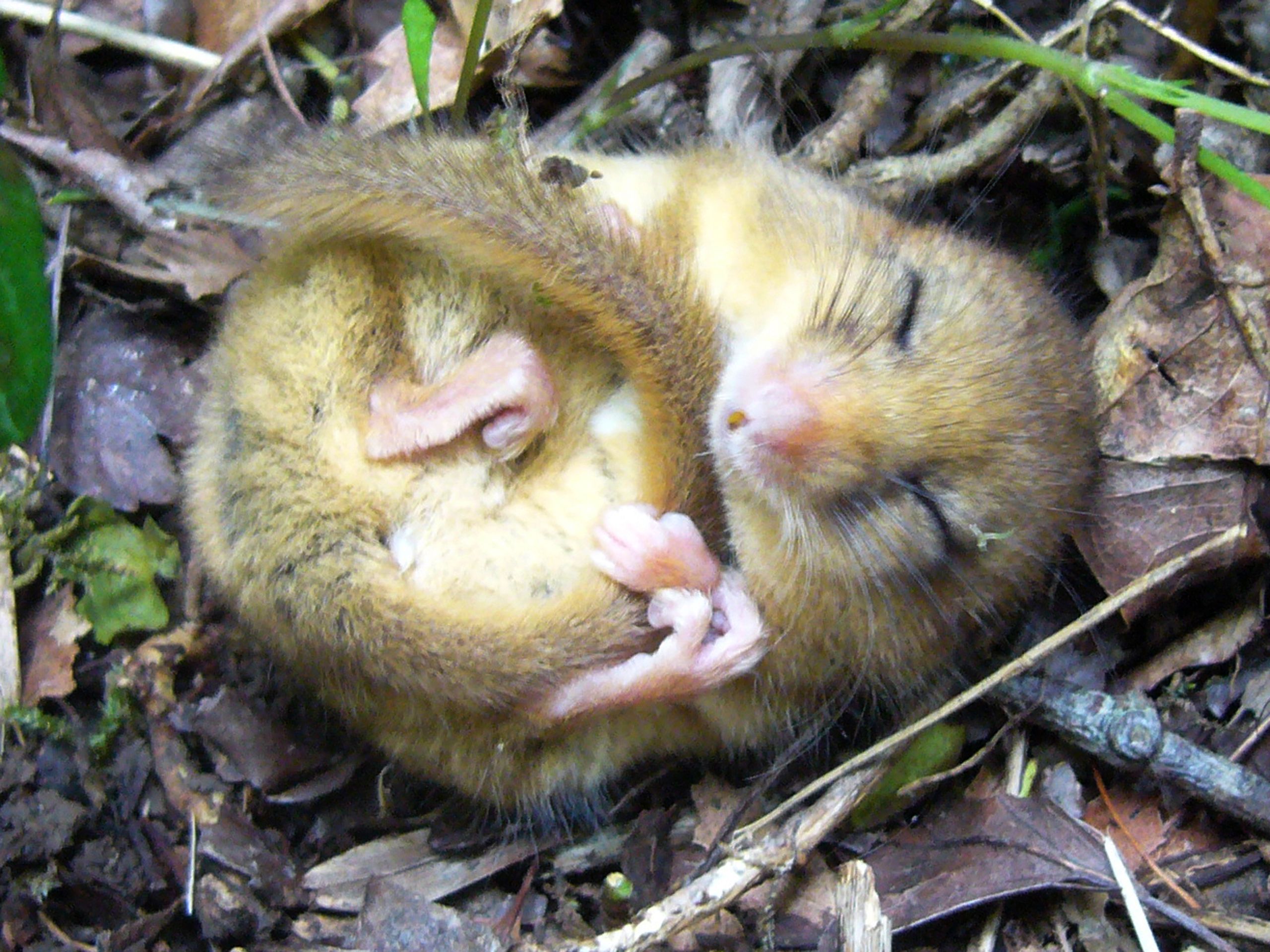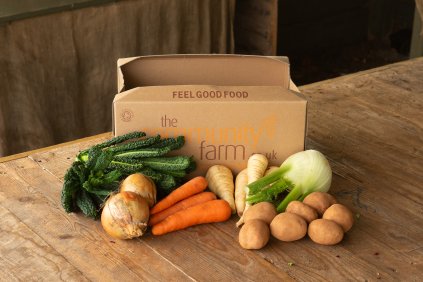Evidence of what looked like a Hazel Dormouse nest has been found at The Community Farm during a small mammal survey.
Gill Brown, former President of the Mammals Section of the Bristol Naturalists Society, was delighted by the discovery at the organic farm in Chew Magna, as these bushy-tailed creatures are endangered and very rare.Gill said: “It was really exciting to find what looked like the beginnings of a dormouse nest in one of the survey tubes. The evidence isn't conclusive, but it looks promising.”
Loss of habit and food sources is causing their rapid decline. The wide field margins and light touch management practiced by The Community Farm is ideal for dormice. Leaving leaf-litter, which they hibernate under, and only trimming hedges when absolutely necessary, creates an excellent habitat.
Letting hedges bear fruit in the autumn also provides a vital food source before hibernation. If they don’t get fat enough before hibernating, they will die. As well as nuts and berries dormice eat insects, pollen and nectar. Organic farms have 50% more wildlife than conventional farms. The Community Farm encourages pollinating insects to visit by planting wildflowers.
One of the Farm’s wildlife champions, Sarah Pitt, said: “This summer we started to monitor our small mammal population. It’s a good indicator of what we can support on our land. By putting in monitoring boxes we can tell what species we have.”
Gill concluded: “I will come back to do more surveys next year. I would love to be able to prove that the wildlife-friendly hedges at The Community Farm are home to this lovely little animal.”
The Community Farm holds wildlife events throughout the year. For more information, visit www.thecommunityfarm.co.uk or call 01225 913 097.
Facts about Dormice
- Their name comes from the French “dormir” – to sleep – as they hibernate for seven months of the year.
- During hibernation they emit very little smell, making them hard for hungry predators to root out.
- Dormice snore.
- They sleep under leaf litter.
- They are quick and agile climbers.
- They spend most of their time above ground in hedges and branches of trees.
- They are hard to hunt out and so have few natural predators.
- They cannot eat grass as they’re unable to digest cellulose so it’s important they have a good source of nuts, seed, berries and insects to munch on.














